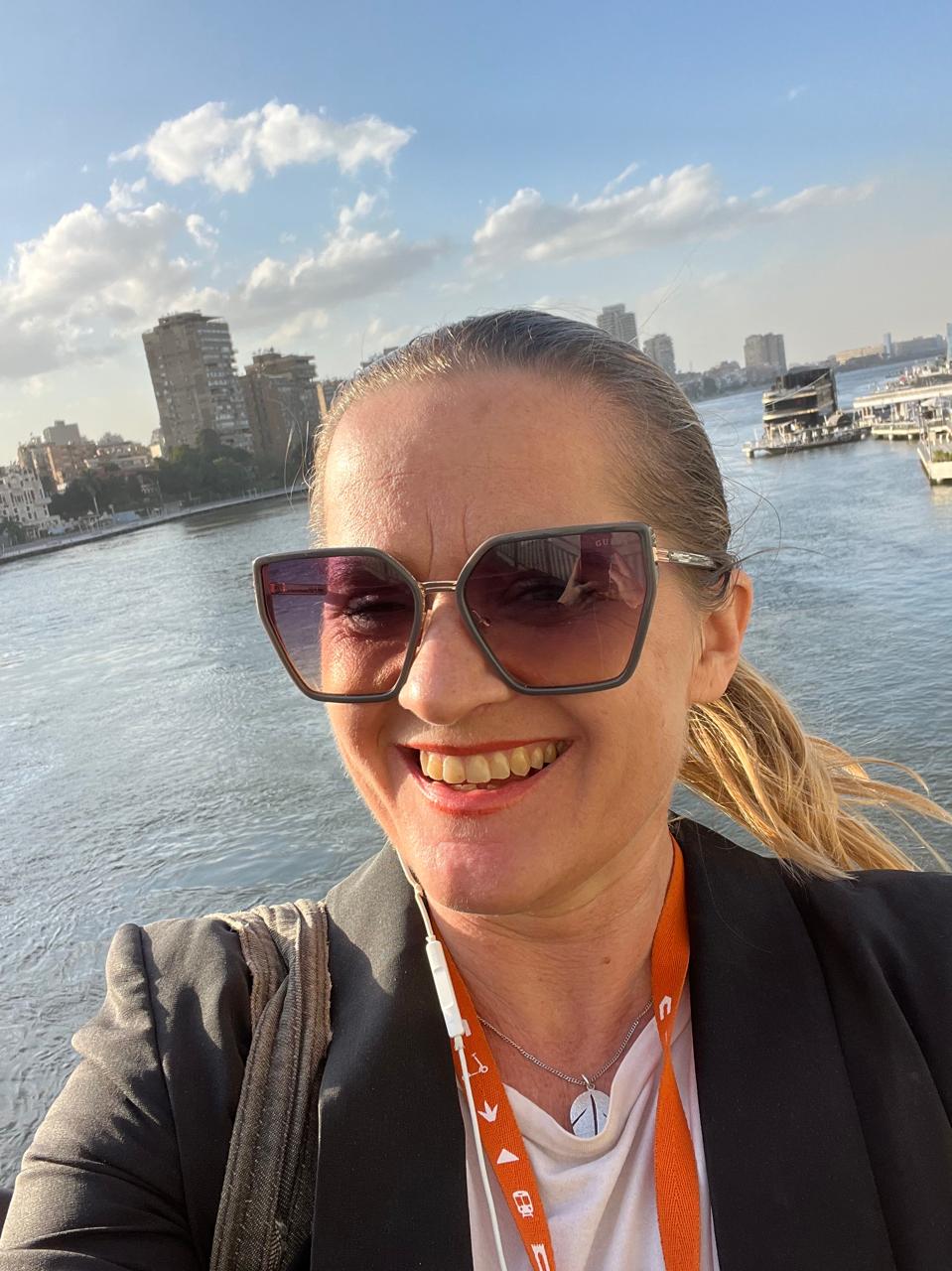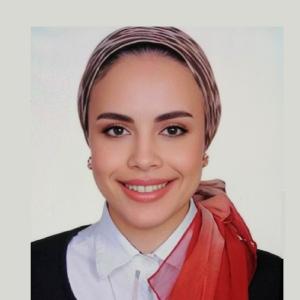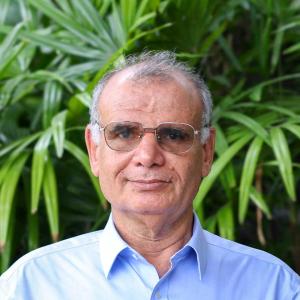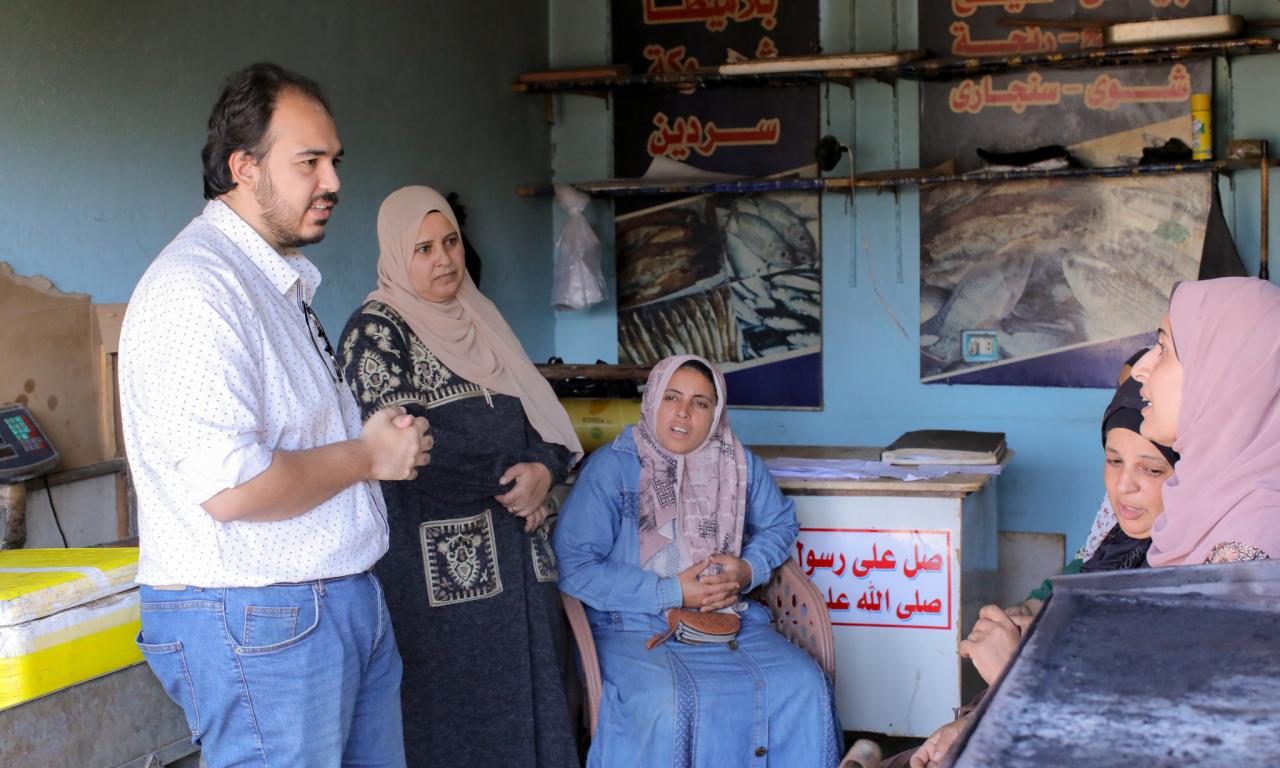
Climate change poses a significant threat to the sustainable development of aquaculture and fisheries globally. Rising sea levels, greenhouse gas emissions, and increased temperatures are expected to reduce water quality and nutrient availability for fish.
In Egypt, these shifts threaten aquaculture production, species diversity, and the livelihoods of local fishing communities. Producers, fish farmers and women retailers, who often lack alternative income sources, are particularly vulnerable. As production declines, so too do employment opportunities, household incomes, and nutritional security.
The Growing Role of Aquatic Foods
Aquatic foods are playing an increasingly vital role in meeting global food demands. From 1990 to 2018, the global consumption of food fish rose by approximately 3.1% per year, outpacing all other animal protein categories. As populations grow and dietary preferences shift, sustainable aquaculture will be essential to feeding the future.
Partnering for Renewable Innovation
In November 2023, WorldFish, in partnership with the Royal Norwegian Embassy in Cairo, launched a baseline scoping study to explore how renewable energy can support aquaculture in Egypt. The study is a foundational element of the Center for Renewable Energy in Aquaculture (CeREA) project, which aims to foster sustainability, social inclusion, and climate resilience.
The study covered six governorates - Sharqia, Behira, Kafr El Sheikh, Damietta, Port Said, and Fayoum - and engaged 402 participants through key informant interviews and focus groups. Respondents included fish farmers, hatchery operators, feed mill managers, and women fish retailers.
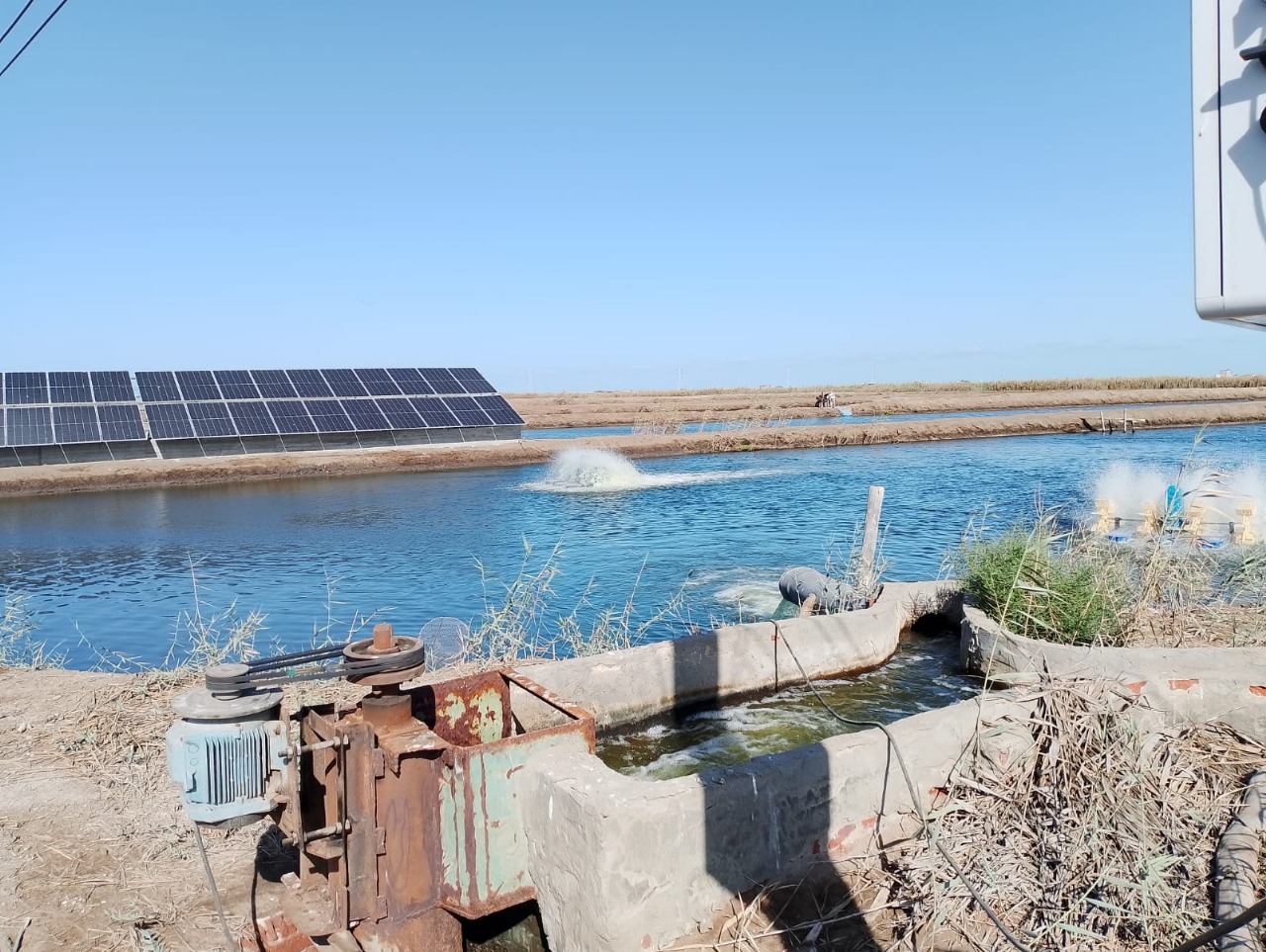
Energy Awareness and Opportunity Gaps
While many participants were familiar with solar power, awareness of other renewable options, such as biogas, wind, and green hydrogen, was limited. To close this gap, WorldFish delivered a two-day Training of Trainers (ToT) workshop in September, equipping 13 qualified trainers to build awareness and provide technical support during the upcoming testing phase of renewable energy innovations.
Training for Impact
Following the ToT, the project team developed a one-year workplan to deliver 80 training sessions reaching 500 participants, including fish farmers, hatchery owners, and women traders and retailers. A practical Arabic-language guidebook on renewable energy in aquaculture was also developed to support broader knowledge-sharing among value chain actors.
Pre- and post-training surveys already show significant improvements in participants’ understanding of renewable energy solutions.
Supporting Women in the Value Chain
A standout innovation is the introduction of solar-powered portable coolers for women fish retailers and traders. These low-cost technologies help preserve fish stock, reduce spoilage, and improve profitability for small-scale business owners.
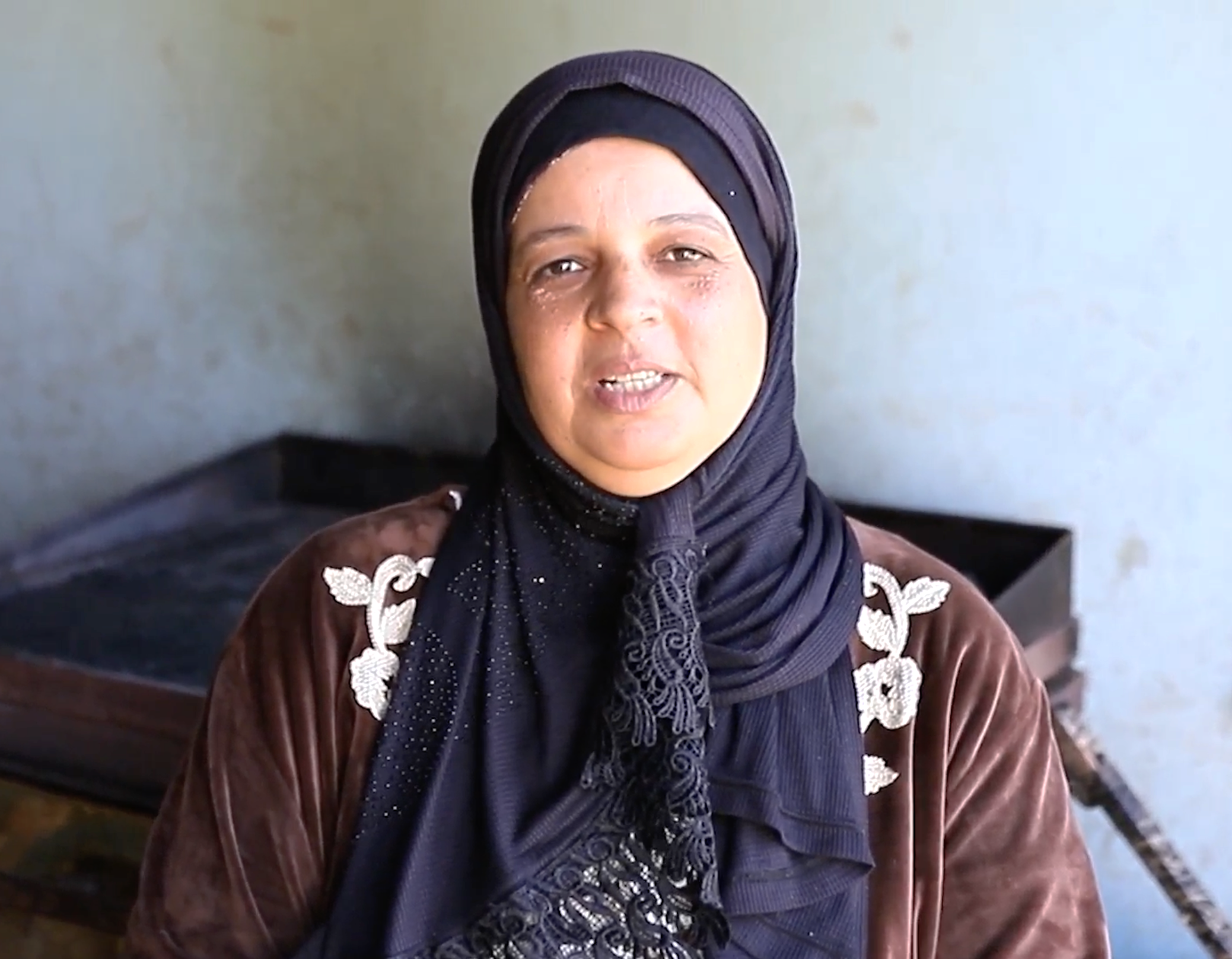
“I am a woman fish retailer and shop owner, and have been working in this field for my entire life. I pay monthly 700EGP for refilling two gas cylinders. Today, I joined one of CeREA project raising awareness sessions where I learned from WorldFish team about cost-effectiveness of renewable energy solutions and possibility of innovations that can support my small business in reduction of expenses such as the solar-powered portable cooler, which I view as a good innovation that will help me in sustaining my small business." - Faten Salem Hussein, woman fish retailer and shop owner in Kafr El Sheikh, Egypt.
Tailored Solutions for Diverse Aquaculture Models
Renewable energy installations are being rolled out across both freshwater and marine farms, with each system tailored to the specific scale, energy needs, and economic context of the site. This work is being implemented in collaboration with CeREA’s private sector partners, AgriSolar Co. and Triple M Group, who will also provide on-site training to 150 beneficiaries per year.
A Gender-Equal, Climate-Smart Future
“At the heart of our mission, Norway is deeply committed to advancing gender equality. Our collaboration with WorldFish in pioneering climate-smart aquaculture innovations in Egypt exemplifies this commitment. Through strategic initiatives like the CeREA project, we empower women across various sectors, including aquaculture. By fostering partnerships and investing in sustainable renewable energy, we aim to create equitable opportunities for all. We recognize that both women and men play vital roles in the green transition and the economic growth of their local communities,” - Counsellor Kjersti Lindøe, Head of Development and Business Cooperation, Royal Norwegian Embassy in Cairo.
